psychosocial oncology fellowship
The Psychosocial Oncology Postdoctoral Fellowship is comprised of three primary components including; clinical training, didactic education in clinical health psychology, and scholarly research and/or program development/evaluation. This clinically focused training experience aims to develop the knowledge and skills necessary in providing evidence-based, culturally appropriate psychosocial clinical care to adults with cancer.
Clinical activities at the University of Colorado Hospital, CU Medicine ambulatory specialty clinics on the Anschutz Medical Campus and via telehealth are designed to prepare trainees for specialty clinical practice in psychosocial oncology by practicing in different modalities including individual counseling, assessment, group therapy, inpatient consultation-liaison, and psychoeducational group classes.
Additionally trainees will receive mentorship in psychosocial oncology research specific to underrepresented populations and other areas of clinical interest. Trainees will also have the opportunity to participate in didactic education, clinical research, quality improvement initiatives, and examination and board preparation for the Professional Practice in Psychology (EPPP) and the American Board of Professional Psychology (ABPP).
Applicants must complete an online application and upload all supplemental materials. Comprehensive directions are included in the online application.
Important Dates
- Application Open: September 2, 2025
- Virtual Open House: November 14, 2025 | 12:00 PM - 1:00 PM (MDT)
- Our faculty will be present to discuss fellowship training opportunities and to answer questions ahead of the application deadline.
- Email [email protected] to RSVP and receive the Zoom link.
- Application Deadline: November 20, 2025
- Virtual interviews will be scheduled the second week of December.
- Offers extended the week of December 15, 2025.
- Please note, our program does not follow APPIC Universal Hold or Notification Process.
- Please note, our program does not follow APPIC Universal Hold or Notification Process.
- Training Start Date: September 1, 2026
Apply Now
- Applicants must be enrolled in a PhD or PsyD program in clinical, counseling, or health psychology from an APA or CPA accredited program or regionally accredited institution of higher learning. Applicants should be enrolled in or have completed an APPIC, APA or CPA-accredited internship at the time of application.
- Applicants currently on internship will intend to have this completed by September 2024. Selected candidates for clinical health psychology postdoctoral fellowship positions must complete all graduate degree requirements, including dissertation, and provide proof of completion of degree requirements prior to starting the fellowship.
- The University of Colorado has a strong commitment to recruiting applicants of diverse backgrounds and identities, although all fellows must be a U.S. citizen or eligible to work in the United States at the time of Fellowship.
The following documents are required with all applicant submissions:
- Brief cover letter indicating your interest in the Psychosocial Oncology Fellowship and how training in this program and track relates to your career goals.
- Updated Curriculum Vitae
- Completed Online Application
- Three reference letters emailed by writer to [email protected] per instructions on application form.
salary and benefits
In conjunction with the NIH NRSA Stipend Levels trainees will receive the stipend rate of a Postdoc 0, subject to withholding of relevant federal, state, and local taxes. As a post-doctoral fellow, trainees are eligible for the benefit programs normally provided to postdoctoral fellows/trainees under the standard University of Colorado benefits programs, including health and life insurance. Liability insurance is provided by the Division of Medical Oncology.
The University of Colorado Cancer Center (UCCC) is the only National Cancer Institute designated Comprehensive Cancer Center in the Rocky Mountain region. A team of psychologists integrated into UCCC supports the unique psychosocial needs of adult patients facing hematological (blood) and medical oncology (solid tumor) cancers. The team provides individual counseling, pre-stem cell transplant assessments, couples and family counseling, group therapy and psychoeducational classes aimed at improving quality of life for individuals and families facing cancer.
This training track has shared supervision and clinical training between the Divisions of Medical Oncology (solid tumors) and Hematology Oncology (blood cancers, stem cell transplant), thus providing a distinctive breadth and depth of experience in psychosocial oncology. Hematology efforts include completing pre-transplant assessments, inpatient and outpatient psycho-oncology care, and establishing an individual case load. Medical oncology efforts include completing new patient intake assessments, carrying a therapeutic individual caseload, leading therapy groups, leading psychoeducational classes and inpatient consultation-liaison care. The fellow would spend four days per week providing clinical care.
The psychosocial oncology fellow also has the unique opportunity to participate in research with core program faculty. Depending on fellow interest, there may be opportunities for work in program development and implementation and quality improvement of health psychology related offerings.
This training track has shared supervision and clinical training between the Divisions of Medical Oncology (solid tumors) and Hematology Oncology (blood cancers, stem cell transplant), thus providing a distinctive breadth and depth of experience in psychosocial oncology. Hematology efforts include completing pre-transplant assessments, inpatient and outpatient psycho-oncology care, and establishing an individual case load. Medical oncology efforts include completing new patient intake assessments, carrying a therapeutic individual caseload, leading therapy groups, leading psychoeducational classes and inpatient consultation-liaison care. The fellow would spend four days per week providing clinical care.
The psychosocial oncology fellow also has the unique opportunity to participate in research with core program faculty. Depending on fellow interest, there may be opportunities for work in program development and implementation and quality improvement of health psychology related offerings.
We follow a developmental approach to training. Fellows begin by shadowing and training on psychosocial oncology via readings, lectures and webinars. Trainees then begin to practice independently with direct supervision, ultimately working to independent practice and managing an inpatient and outpatient caseload. We are committed to graduating health psychologists prepared for independent practice and will work with the Fellow on their specific training goals.
The Psychosocial Oncology Fellow will receive one hour of supervision per week alternating weeks between Drs. Brewer and Baurle. They will also participate in monthly clinical case consultation, bimonthly patient loss support consultation and in BMT/Hematology will attend the weekly Pre-Transplant/Pre-CAR-T “Pipeline” meeting and the "Patients of Concern Meeting”. We have a large team of clinical health psychologists and researchers that support the Fellowship and Fellows can also receive specific supervision or mentorship with these faculty members.
The Fellow will have the chance to supervise a Psychology Intern on Minor Rotation with Medical Oncology the second half of the Fellowship year. The Fellow will review the clinical documentation of the Intern and provide supervision. The Fellow will receive supervision of supervision, as well.
The Psychosocial Oncology Fellow will receive one hour of supervision per week alternating weeks between Drs. Brewer and Baurle. They will also participate in monthly clinical case consultation, bimonthly patient loss support consultation and in BMT/Hematology will attend the weekly Pre-Transplant/Pre-CAR-T “Pipeline” meeting and the "Patients of Concern Meeting”. We have a large team of clinical health psychologists and researchers that support the Fellowship and Fellows can also receive specific supervision or mentorship with these faculty members.
The Fellow will have the chance to supervise a Psychology Intern on Minor Rotation with Medical Oncology the second half of the Fellowship year. The Fellow will review the clinical documentation of the Intern and provide supervision. The Fellow will receive supervision of supervision, as well.
The fellow will provide care to patients in-person at the Anschutz Cancer Pavilion or University of Colorado Hospital or via secure telehealth platform. Group therapy and classes are also held via secure telehealth platform or in-person, providing the fellow with training in multiple clinical modalities. Individual assessment or therapy appointments are 60 minutes in length and group therapy and psychoeducational classes are 90 to 120 minutes in duration.
Psychosocial services are provided on a multi-disciplinary team in collaboration with oncologists, radiation oncologists, surgical oncologists, nurses, social workers, psychiatrists, nutritionists, and genetic counselors. Fellows have the opportunity to participate in oncology/hematology Grand Rounds, multidisciplinary clinics and tumor boards to further their integration and experience in oncology.
Descriptions of recent psychosocial offerings can be found accessed here.
The following are common health psychology concerns addressed by the psychosocial oncology team in individual or group modalities. The fellow can expect a similar range of clinical presentations in their clinical work.
- Adjustment to illness
- Fears of cancer recurrence
- Relationship challenges and changes as a result of medical treatment initiation or termination
- End-of-life and existential concerns
- Chronic pain
- Insomnia
- Sexual health changes and challenges
- Management of pre-existing mental health conditions in addition to managing complex medical conditions
- Capacity to consent to treatment
- Cognitive challenges subsequent to cancer treatment
- Fatigue
Post-doctoral fellows attend monthly interactive didactics in clinical health psychology, as well as lectures on a range of professionalism and leadership topics. Fellows will attend relevant scholarly lectures across campus including Grand Rounds.
Clinical Health Psychology post-doctoral trainees also have protected time (approximately four hours per week) to complete a scholarly project related to their clinical interests and specialization supervised by training faculty. Examples include initiatives or research on a clinical health psychology topic, patient, provider and health systems outcomes or quality improvement in a clinical setting.
Clinical Health Psychology post-doctoral trainees also have protected time (approximately four hours per week) to complete a scholarly project related to their clinical interests and specialization supervised by training faculty. Examples include initiatives or research on a clinical health psychology topic, patient, provider and health systems outcomes or quality improvement in a clinical setting.
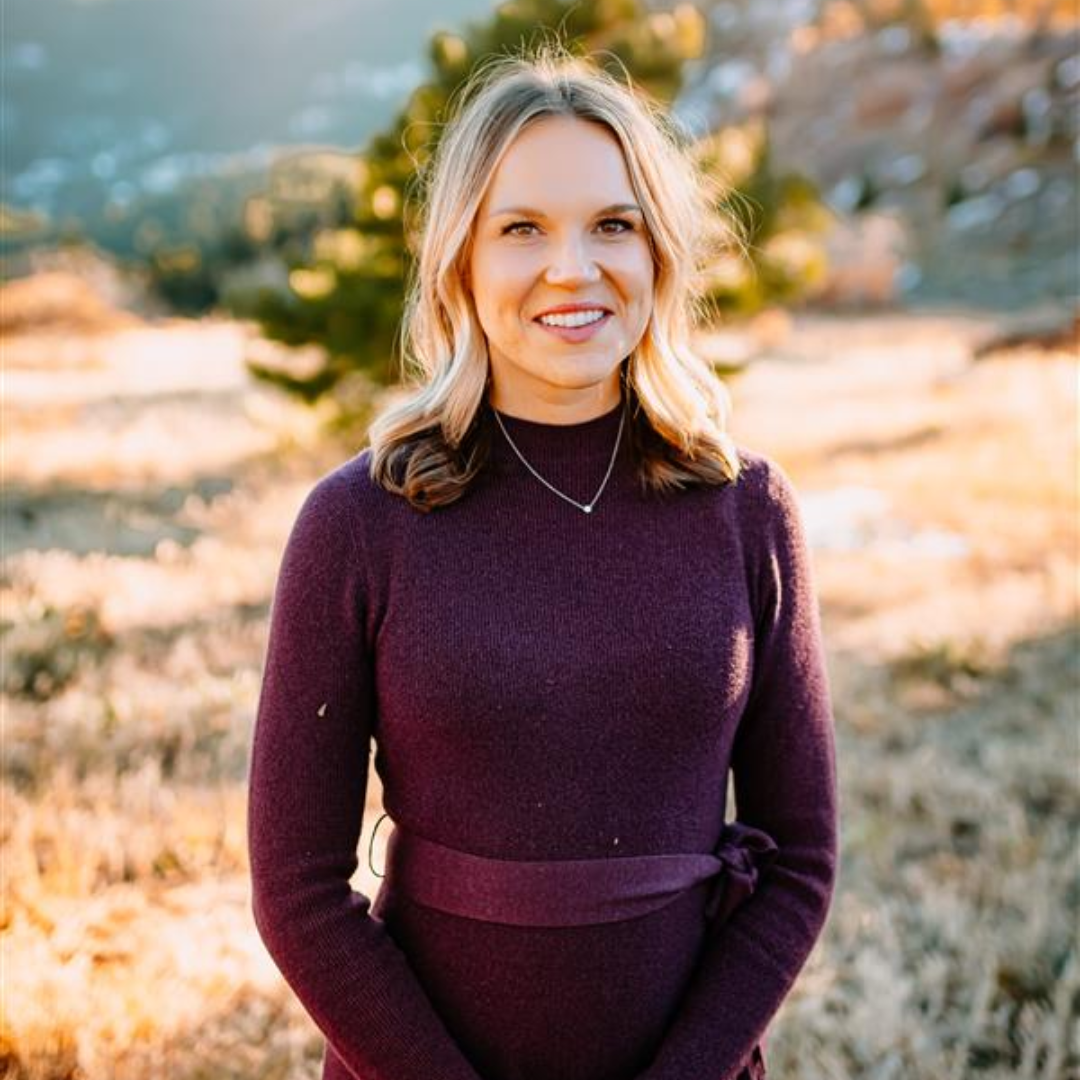
.png?sfvrsn=fc0c9abb_0)
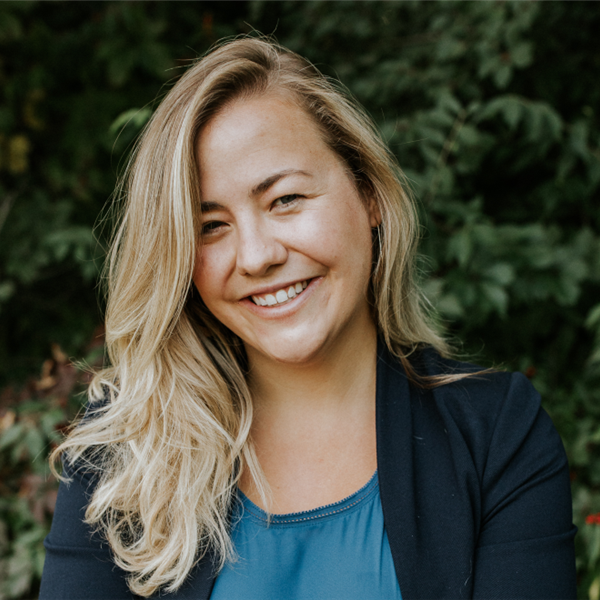
.png?sfvrsn=1e720ebb_0)
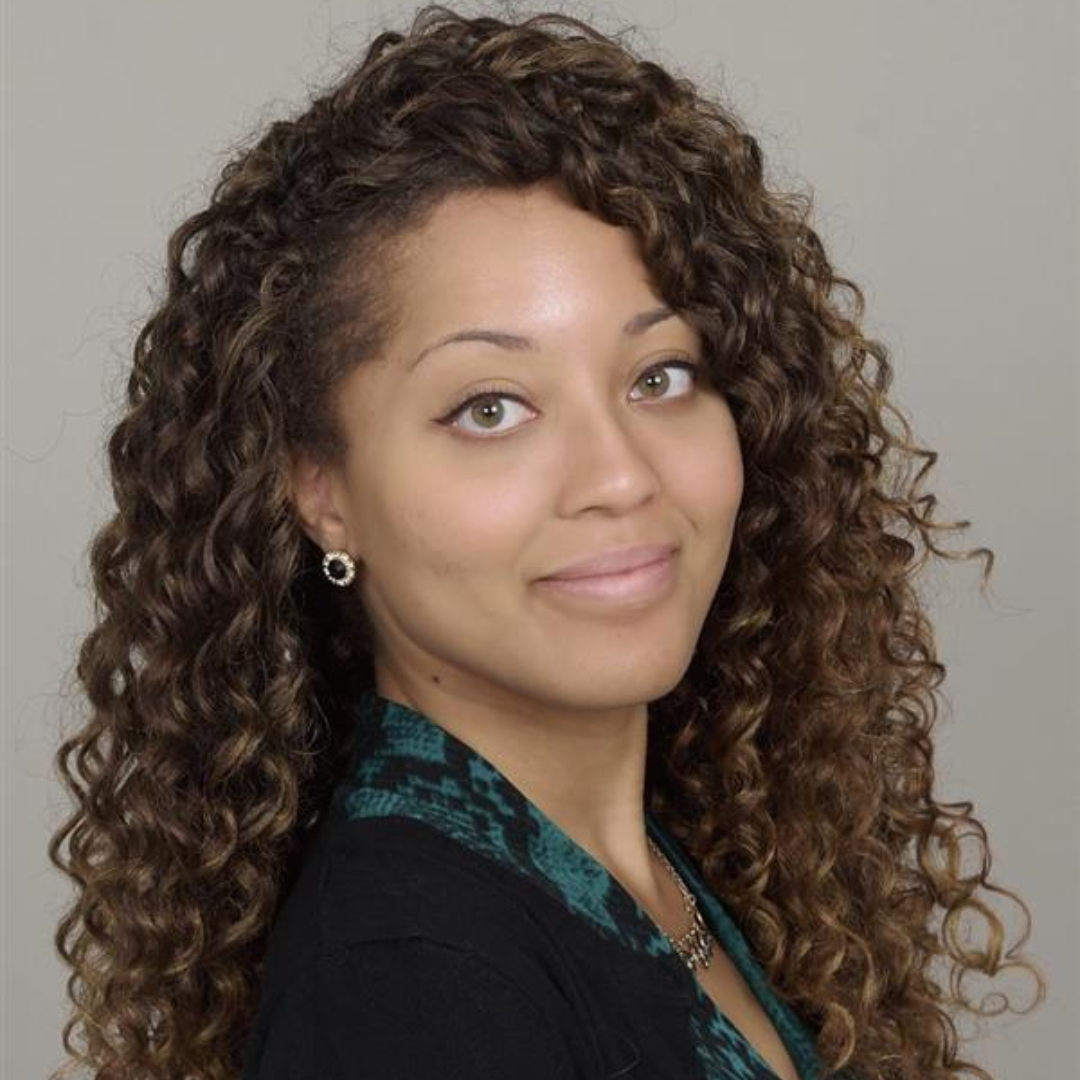
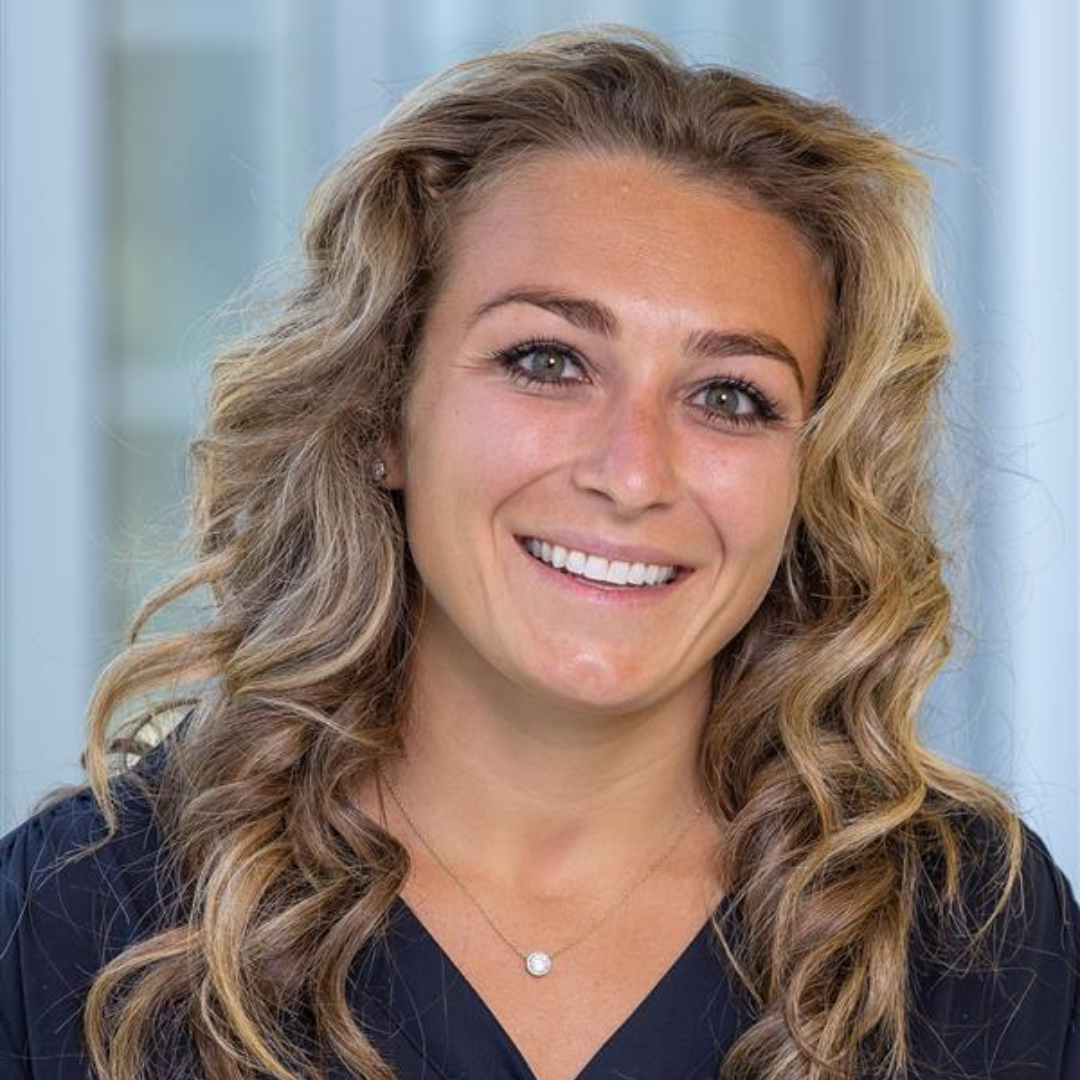
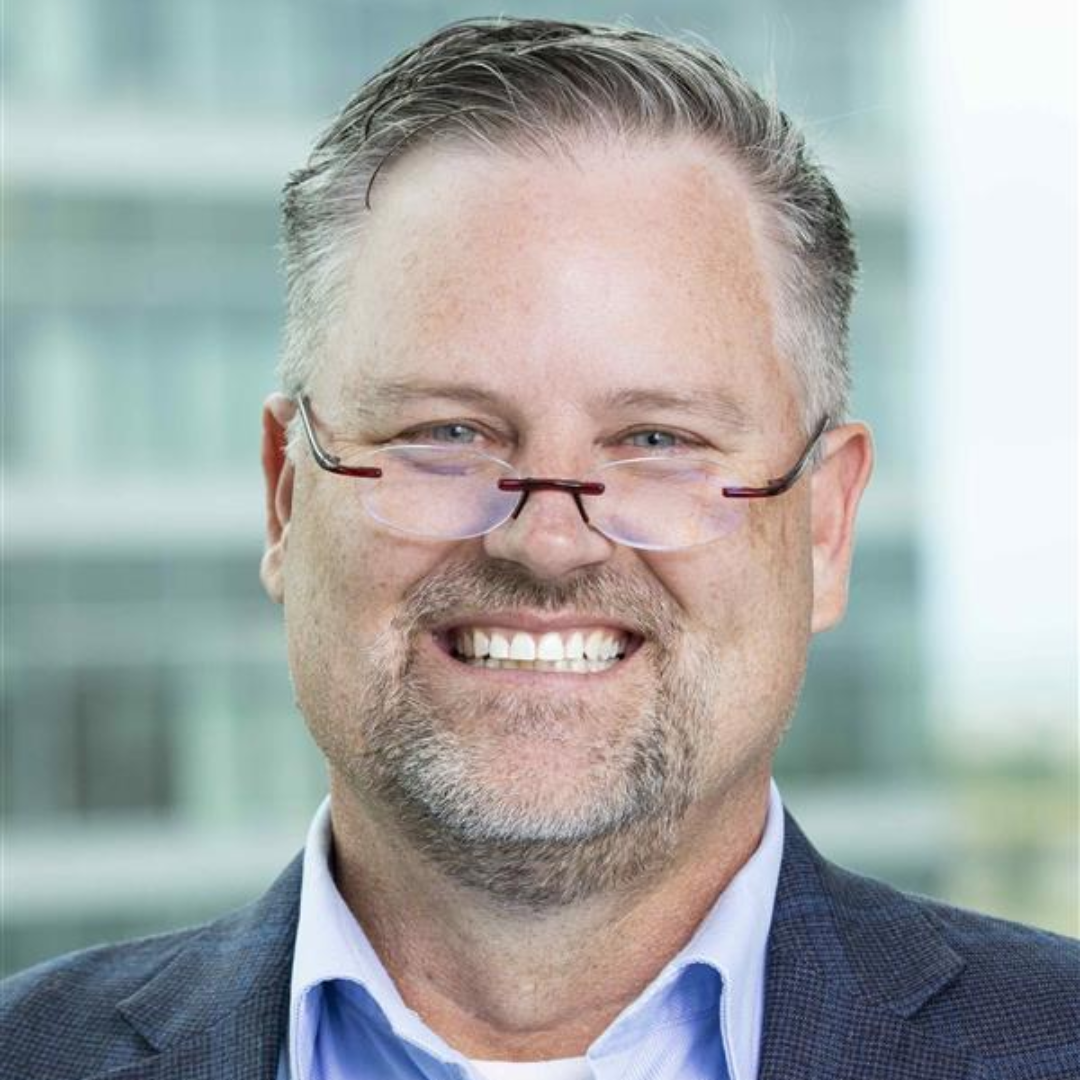
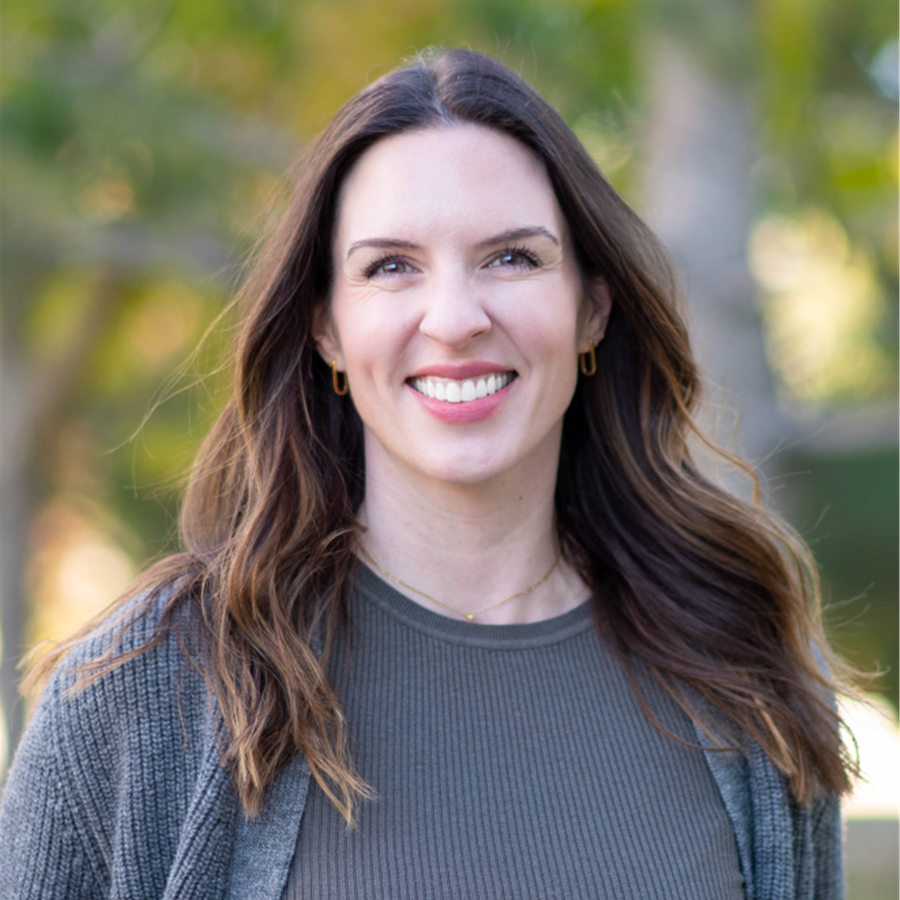
df4496e8302864d9a5bfff02001ce385.jpg?sfvrsn=106cf2b4_0)